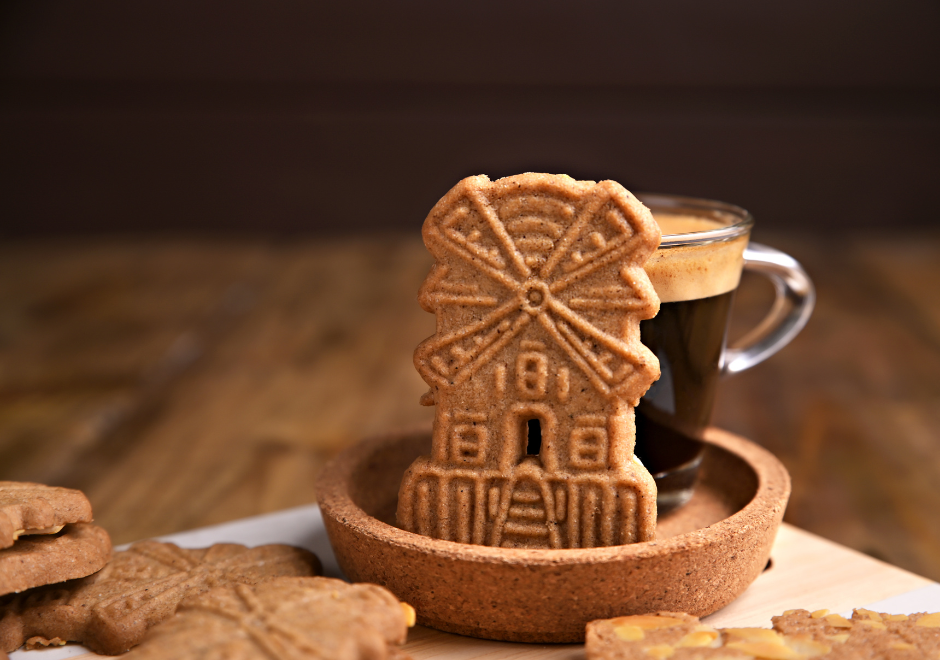We Americans have the peculiar habit of calling a biscuit a cookie. At least according to British folks. Then, our biscuits are something else entirely. Where did we get the word cookie? It may seem logical to assume that the word cookie comes from the word cook, but, in fact, the two words are not related at all. The word cookie is Dutch in origin and is related to the word cake. The whole thing makes perfect sense. Read on to find out more, including why the British say biscuits and where crackers fit into all this.
See also: Origin of the Baker’s Dozen

The Origin Of Cookie
The word cookie started in New Amsterdam (Nieuw Amsterdam), a Dutch colonial settlement on the southern tip of Manhattan Island. Established in 1625, it originated as a fur-trading settlement. There, traditional treats called koekjes were baked on all sorts of occasions. The word for cake, in Dutch, was koek. When the suffix -je was added, it meant “little cakes.”
According to written evidence (we only have written mentions to surmise when a word “officially” enters a language) an early iteration in English was cockies which then led to the word cookies. And that is how we got our English word for “little cakes,” which is really what a cookie is.
Like many English words, it is of basically Germanic origin. But in this instance, it came straight to America rather than entering the language earlier, via Britain.
The Duch sound for the long oo is written as oe, so the word koekje sounds pretty similar to the English word cookie. It sounds a bit like KOOOK-YES to my ear.

The Word Cake
The word koek, and thus cookie, is closely related to the work cake which came from the Old Norse word kaka, in the thirteenth century.
Although today we think of a cake as something made with very specific types of ingredients and techniques, the word originally had nothing to do with any specific recipe but referred to the shape: something round and flat on top, which may have been made from bread or other dough.
So, no, the word cookie has nothing to do with the word cook. The origin of the word cook is completely different, being of Latin origin. You can read more about words related to cook here at CulinaryLore. Now, in the next article, you can find out why the British Say Biscuit Instead of Cookie.


